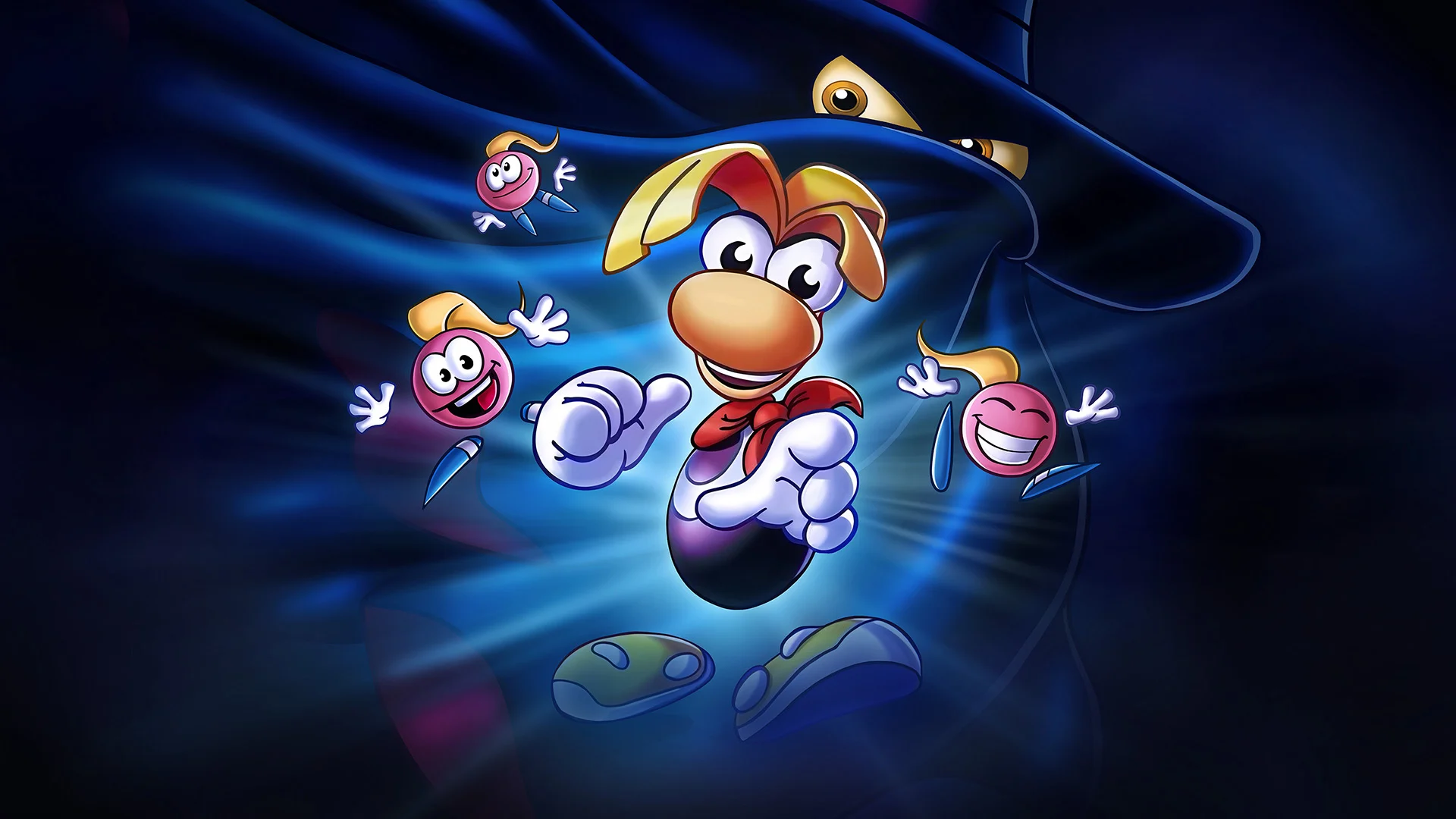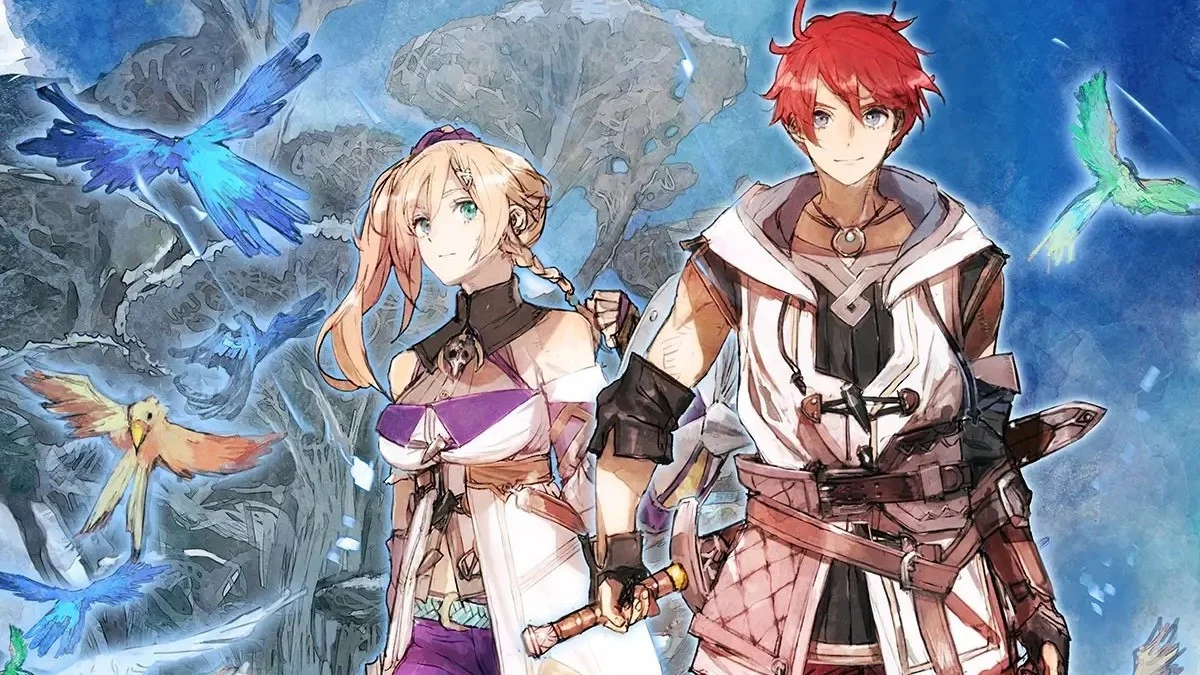I’ve gotten to the point where I approach games that trade on being retro with a bit of trepidation. It’s too easy to fall into the trap of evoking that era’s design principles without understanding why games were designed that way why it doesn’t really fly these days. Yacht Club Games’ Shovel Knight tangled with the same problems, but it proved (mostly) successful in making a proper NES-styled game for the modern era. Alwa’s Awakening from Eden Pixel largely succeeds as well, going above and beyond to nail that classic NES game look and feel, but not without a few stumbles along the way.
For the most part, however, its retro sensibilities work. Its aesthetic and music evoke the NES era of pixel graphics and chiptune soundtracks, simple yet fiendish level design, and stiff but tight controls. It looks and feels like a game from that point in time, down to the tiniest details. The way it transitions between rooms, the basic but expressive animations. It’s impressive, really, given how easy it is to adopt the look and rely on visuals alone to carry a game’s retro appeal. But Alwa’s Awakening is committed. It goes to great lengths to capture those games’ design sensibilities and succeeds in doing so.
You take on the role of Zoe, a mysterious cloaked figure who’s been summoned to help free the land of Alwa from the oppressive rule of the Vicar. You roam about Alwa, traveling to the furthest corners of the world to retrieve magic ornaments from the clutches of the Vicar’s lackeys, and generally power yourself up. You’re let loose into the world immediately. With nothing more than a vague idea of where your first objective is, you’re left to fend for yourself as you find your way around. The world is largely open, hiding secrets aplenty in all sorts of nooks and crannies, but it’s also careful to guide you forward without it feeling obvious or heavy-handed. Most of the world is gated off until you learn new spells or upgrade them, teasing you with doors emblazoned with lightning bolts or orbs just of reach to encourage further exploration.
The game’s at its strongest when you’re uncovering secrets. Stumbling on a hidden passage feels like a genuine discovery, in large part because Alwa’s Awakening doesn’t signal their presence. Same goes for some of the dungeons. Apart from the main four you’re told about from the outset, there are few others to find that the game never hints at. You simply stumble upon them while making your way forward, not knowing what purpose they serve or what treasures they hold. It’s exciting because, while they’re technically necessary to finish the game, none of the NPCs you meet ever say anything about them, nor do they carry the same stone temple aesthetic as the rest, making them immediately look and feel different.

The majority of Alwa’s Awakening sees you traversing dungeons and occasionally engaging in some light problem solving. The minute to minute action is serviceable, dungeons providing a fair challenge that require you to make the most of whatever new spell you learned, while combat remains little more than a small bump in the road. The puzzles are occasionally satisfying, but they’re limited by the basic utility of each spell. You get three over the course of the game: one that creates blocks, one that conjures bubbles to help you scale high walls, and a lightning bolt that acts primarily as a ranged attack. While Alwa’s Awakening makes good use of them, their limited uses leave them a touch underwhelming.
That’s all just minor quibbles in the grand scheme, though. It’s in the late-game that things start falling apart. Most of the platforming challenges rely too heavily on pixel-perfect jumps while tossing a variety of complications at you. Spiked balls that kill you instantly upon contact become especially common around the endgame, making even the most rudimentary jumps an exercise in frustration with how easy it is to leap just slightly too high or step just a hair too far. It feels like a deliberate attempt to capture the punishing nature of the games of the era Alwa’s Awakening takes inspiration from, but it’s just not any fun to engage with.
Likewise for the bosses. Not so much for frustrating design choices, but rather because they’re simply dull. They last just a touch too long, turning straightforward encounters into tedious slogs. That’s largely due to their attack patterns leaving next to no openings for you to strike. You’re forced instead to keep playing defense until you find that rare window to try and attack. But with how few hit-points you have (only three), you’re essentially discouraged from taking any risks, no matter how small. Most of the deaths I racked up against bosses were the result of how difficult it is to swap between defense and offense on the fly.
With each new death I suffered, the more I felt my interest slipping. Alwa’s reliance on pixel-perfect platforming turns an otherwise fun throwback to old days of videogames into an exercise in frustration. Where it succeeds, it’s a splendid execution on making what’s old new again. But when it slips up, it’s a reminder of why game design has moved on.






